Ins and Outs of the Home Sale Exclusion

If you bought your home years ago, you might be sitting on a huge tax gain when you finally sell the place. Fortunately, a special tax law provision may enable you to reduce or completely avoid the resulting capital gains tax. This provision includes both a “use” and “ownership” test.
Gains from Home Sale Limits
Taxpayers who sell their main home for a capital gain may be able to exclude up to $250,000 of that gain from their income. Taxpayers who file a joint return with their spouse may be able to exclude up to $500,000. Homeowners excluding all the gain do not need to report the sale on their tax return unless a Form 1099-S was issued.
Home Sale Exclusion Rules
Here are several key points about the home sale exclusion that you should know about before you hand over the keys:
- The home may be used as a principal residence for any two of the last five years. The years do not have to be consecutive. Furthermore, you can meet the use and ownership requirements in different tax years.
- Joint filers can claim the maximum exclusion if (1) either spouse meets the two-year ownership test, (2) each spouse meets the two-year use test and (3) neither spouse has elected the exclusion within the last two years. This is particularly important for folks who have recently divorced or remarried.
- To meet the use requirement, you must physically occupy the home, but short absences are allowed. Conversely, a longer absence, such as a one-year sabbatical by a college professor, does not count as much time that the home is being used as the principal residence.
- If someone owns two homes and lives in both places during the year, the home where that person stays for most of the year is generally treated as the principal residence. For instance, if you spend seven months of the year at a “winter home” located in a warm climate and five months at your other home, the winter home is the principal residence.
- To the extent that the home has been used for business or rental use— including using a portion of the residence as a home office—you must recapture depreciation deductions attributable to the period after May 6, 1997. The recaptured income is taxed at the 25% rate as opposed to the current maximum 20% capital gains rate (15% for certain taxpayers).
Finally, a partial exclusion may be available due to a change in employment, a health reason, disability, certain members of the military or intelligence community and Peach Corps workers or other unforeseen circumstances from an event that could not have been reasonably anticipated.
If you would like to learn more or to set up a consultation call Marlies Y Hendricks CPA PLLC at either 716-694-3500 or 910-769-8730.
The above information is of a general nature only and should not be relied upon for specific situations.


